ABSTRACT
In modern life, making appointments for and attending therapy sessions and accessing professionals who provide appropriate screening, diagnosis, and treatment are becoming increasingly difficult due to time constraints and busy schedules. However, it is not easy to move face-to-face psychotherapy sessions to web-based psychotherapy platforms, which have been intro duced as an alternative, or to produce new methods. Ethical limitations and the steps requiring careful consideration in the applications seem to make this process quite complex. This article provides an overview of the literature on human-centered design, machine learning methods, and classical psychotherapy principles and the applications, potential problems, solutions, and suggestions that can be used in these steps to facilitate this transition process. This study aimed to examine dynamic and personalized software that allows clients to form a therapeutic connection, provide measurement-based automation by supporting patients on the waiting list, and increase the number of mental health service providers. For this purpose, web-based psychotherapy applications such as Woebot, Wysa, Otsimo Sanvello, Moodfit, Youper, Happify, and Mindstrong were examined, and the findings were compiled to provide a general perspective for researchers. The focus was specifically on software that can be used in web-based psychotherapy applications, rather than on theoretical knowledge and the history of psychotherapy.



